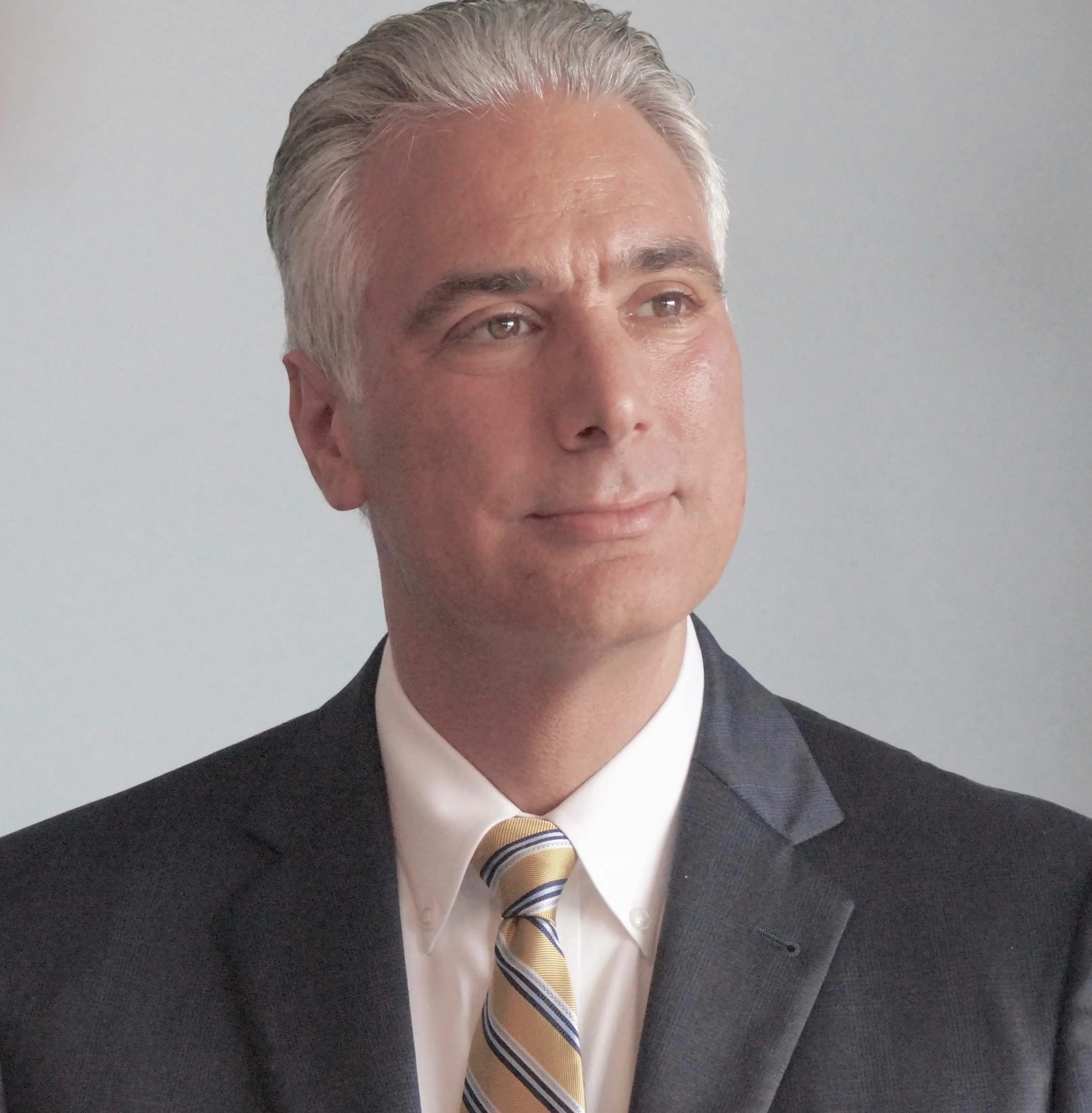Please note: this event has passed
About the event

Kevin Werbach is a leading expert on the business, legal, and public policy implications of emerging technologies such as broadband, blockchain, and big data. Werbach co-led the review of the Federal Communications Commission for the Obama Administration’s Presidential Transition Team, and was employed as an expert advisor at both the FCC and the US Department of Commerce. He founded the Supernova Group, a technology consulting firm, and for nine years hosted the influential Supernova executive technology conference. He currently directs the Wharton Blockchain and Digital Asset Project.
Werbach is the author of The Blockchain and the New Architecture of Trust (MIT Press, 2018), editor of After the Digital Tornado: Networks, Algorithms, Humanity (Cambridge University Press, 2020), and co-author of For the Win: The Power of Gamification and Game Thinking in Business, Education, Government, and Social Impact (Wharton School Press, revised edition 2020). Over 500,000 students worldwide have enrolled in his Coursera massive open online course, and he was named Wharton’s first-ever “Iron Prof” in 2010. He has appeared frequently in print, broadcast, and online media, including CNN, PBS NewsHour, CNBC, NPR, ABC News, USA Today, The New York Times, The Los Angeles Times, The Wall Street Journal, The Washington Post, Financial Times, and The Economist.
This seminar will explore how decentralization is the basic line of demarcation between blockchain and traditional record-keeping systems. Cryptocurrencies do not rely on central banks or financial intermediaries. Decentralized applications (Dapps) similarly avoid dependence on digital platforms or other control points. Yet decentralization creates problems as well as opportunities. In particular, it poses a hard challenge for regulators: Whom to regulate? Even if the “what” of a regulated activity, such as securities trading, can be identified, there may be no obvious “who” of a responsible actor. Enforcing obligations, given the global and pseudonymous nature of most blockchain activity, adds further complexity.
These problems are quickly becoming more than theoretical in connection with decentralized finance (DeFi). Financial services is a heavily regulated sector throughout the world, and for good reason. DeFi has rapidly grown to significant levels of activity, largely outside traditional legal frameworks. DeFi services are built as blockchain-based smart contracts rather than custodial intermediaries, and many employ decentralized token-based mechanisms for governance. Some DeFi projects are going further, dissolving their coordinating foundations or locking power in decentralized autonomous organizations (DAOs). Regulators face the prospect of having no way to address financial crime, investor protection, financial stability, systemic risk, and other well-established public policy objectives. The solution is to unpack both decentralization and regulation. There are many forms and degrees of decentralization. And even highly decentralized systems typically retain identifiable leverage points. Regulation is also not a unitary concept. Regulators can tailor their approaches to particular objectives, capitalizing on the leverage points that exist. While implementing such approaches for DeFi is a novel exercise, there are identifiable parallels to earlier decentralized services. In particular, the treatment of peer-to-peer file-sharing in the early years of commercial internet activity illustrates both fruitful and problematic ways forward for DeFi regulation. One thing is certain: The challenge of regulating decentralization will only become more acute.


